Imagine this scene: a home health care patient is interacting with their daughter on a tablet screen, letting them know that they’ve got mild pain and bruising on their left leg and that it hurts to walk. Through a series of questions, the daughter finds out that the patient ran into a table the day before, and recommends icing the area, elevating the leg, and taking over-the-counter pain medication. They say they will check back in 24 hours to see how they’re feeling.
The thing is, it’s not actually their daughter, but an avatar that looks and sounds very similar to them. The avatar is a form of generative AI – known colloquially as a chatbot – that uses machine learning techniques to generate responses to user questions or input that sound similar to a human.
Sound far-fetched? It’s not, and could very well be a first line of care formula in home health care. In fact, in a way, it’s already here.
A recently released natural language processing platform called ChatGPT was unveiled in early December and almost immediately went viral. Experts say this form of tech could help revolutionize the home health care industry.
“This is going to completely change the way health care is given in the home. And it’s going to happen very soon.”
Different than the relatively primitive chatbots seen on corporate help desks or travel websites, ChatGPT offers users the ability to carry a conversation forward with a series of questions that can provide more detailed, applicable, and usable information. In addition to tech already being utilized by providers – including telehealth, Remote Patient Monitoring, and others – it’s another tool that has the potential to improve how patients and providers interact with each other and care is delivered.
“This is going to completely change the way health care is given in the home,” said Ron Galloway, a healthcare futurist. “And it’s going to happen very soon.”
Already, Generative AI Large Language Models (LLMs) similar to ChatGPT have shown high levels of accuracy. Researchers last month released the findings of a study that looked at how other LLMs performed when being asked health-related multiple choice questions, scoring nearly 70% accuracy on a medical licensure exam and being 17% more accurate than previous versions of the AI.
Although a release date has yet to be scheduled, OpenAI, the firm that created ChatGPT, is expected to unveil the fourth version of the tool sometime this year. Speculation has been swirling online as to how much more powerful it will be compared to the current version, but many believe it will be 100x more powerful, Galloway said.
Still, looking toward the future, there are many ways Generative AI might transform home health care for the better.
Providing around-the-clock care
One of the biggest challenges of home health care is ensuring that patients receive the care they need at all times. This can be especially difficult at a time when providers are struggling with staffing to meet demand, or when caregivers have other scheduled commitments, should the patient need in-person care.
Generative AI can provide a solution by being available to answer questions and provide support whenever an issue pops up. This can be especially beneficial for patients with chronic conditions who may need frequent check-ins or support managing their medication regimen or patients who live in rural areas or who have mobility issues that make it difficult for them to travel to a medical office.
More personalized care, better outcomes
Generative AI chatbots can also provide personalized care to patients based on their individual needs and preferences. For example, a chatbot might be able to provide customized medication reminders or health tips based on a patient's specific condition and treatment plan.
This level of personalization can be especially beneficial for patients who may have difficulty remembering to take their medication or who may need additional support in managing their health.
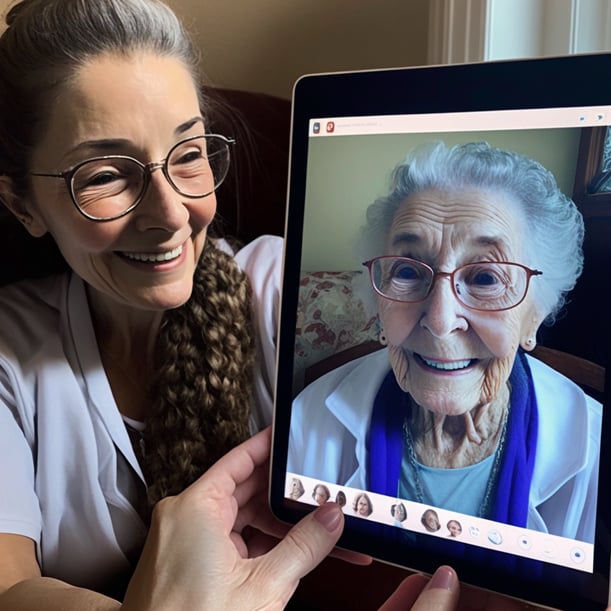
Communication between patient and provider is vitally important to ensuring high-quality care is delivered quickly and consistently, with generative AI being able to improve the coordination of care between patients, caregivers, and health care professionals.
With a chatbot, patients can easily share updates on their health with their caregivers and medical team, which can help ensure that everyone is on the same page and that any necessary adjustments to the treatment plan are made in a timely manner.
Using machine learning, Generative AI also has the potential to help predict and prevent potential health issues in patients. By examining a patient's medical history, lifestyle, and other factors, a generative model can identify patterns that may indicate the likelihood of certain health problems arising in the future. This information can allow clinicians to take proactive steps to prevent these issues and improve the overall health and well-being of patients.
“Generative AI will allow a single unified source of knowledge which both the patient at home can access on their own and the home healthcare provider can access to provide AI approved treatment that’s tailored to the individual, and which becomes more focused with continued use,” Galloway said.
Reduced burden on caregivers
ChatGPT or other generative AI chatbots can help reduce the burden on health care professionals by handling routine tasks and answering common questions. This can allow clinicians and other care staff to focus on more complex tasks and provide higher-quality care to their patients.
In addition, generative AI could be used to automate certain tasks in home healthcare, such as the creation of care plans and the scheduling of appointments. This could help to free up staff to focus on more complex and nuanced aspects of patient care, improving the overall efficiency and effectiveness of services.
“Generative AI will allow staff of diverse skill sets to provide assistance at the home, since they will be directed in their actions by the AI,” Galloway said. “There will, in other words, be no guesswork. This could relieve pressures on staffing by allowing more people to qualify to provide care. They will still need tactile healthcare skills, but the diagnostic decisions will be made by AI.”
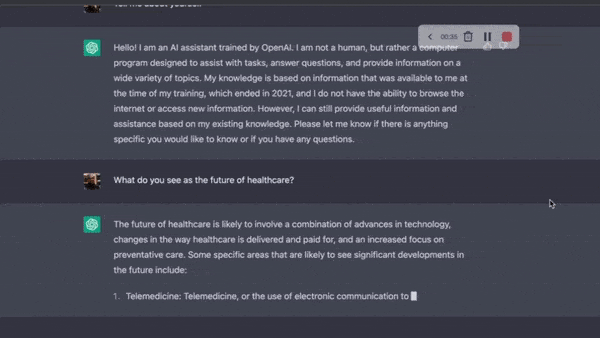
Challenges in the use of Generative AI
The use of chatbots in home health care raises important privacy and security concerns in the eyes of some. It will be important for companies to implement strong measures to protect patient data. On this point, Galloway is not concerned.
“I think my whole attitude on privacy has been that there's so much data out there that it in a strange way ensures privacy,” he said.
The successful use of Generative AI is also contingent on the right questions being asked. Having good prompts get the conversation started, followed up by good questions, means better answers in the end, Galloway said.
One more potential issue with chatbots is the "uncanny valley" effect, in which users may find that a chatbot's responses come off as unsettling or artificial. This can be especially problematic in health care, where trust and credibility are paramount.
Providers will need to work to overcome this possibility for chatbots to be most effective.
However, as stated before, chatbot avatars that are tailored to look or sound like family members will eventually be utilized, interacting with patients, asking them questions about how they are, suggesting treatment ideas, and urging them to keep adhering to their treatment plan, among other things, Galloway said. Although it might take some getting used to, he believes patients will become comfortable with this new way of interaction.
“Imagine being a patient and hearing your daughter’s voice tell you everything is gonna be alright,” he said. “That’s just incredible.”
Posted by
Join us!
The retreat for home health care and hospice leaders innovators.
May 17-19, 2026 | Palm Springs, CA


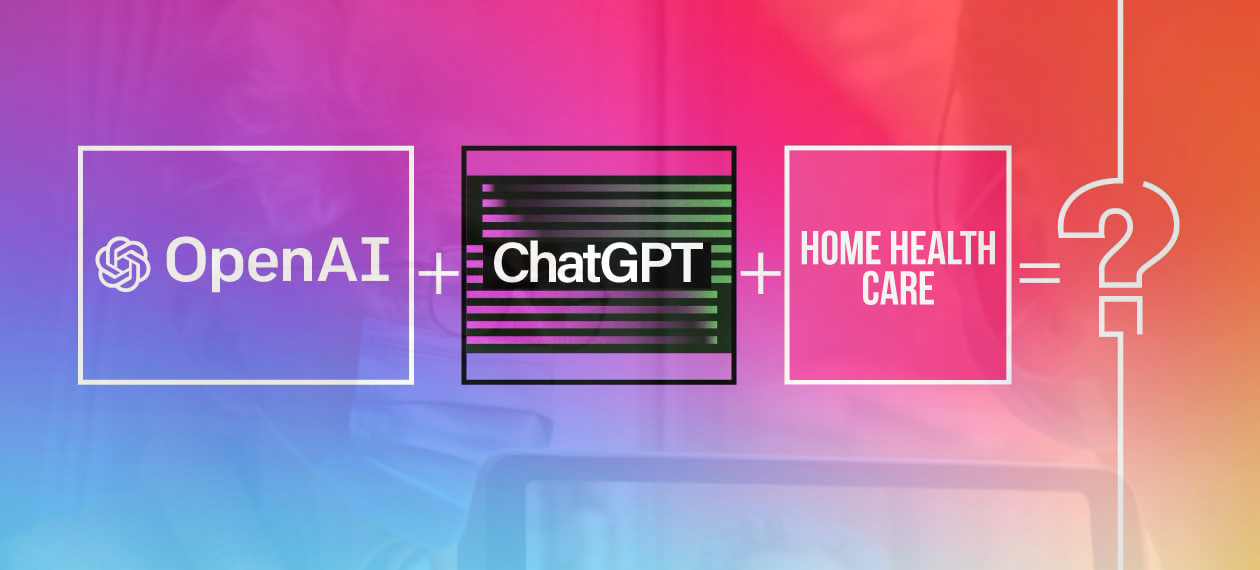

-2.png)
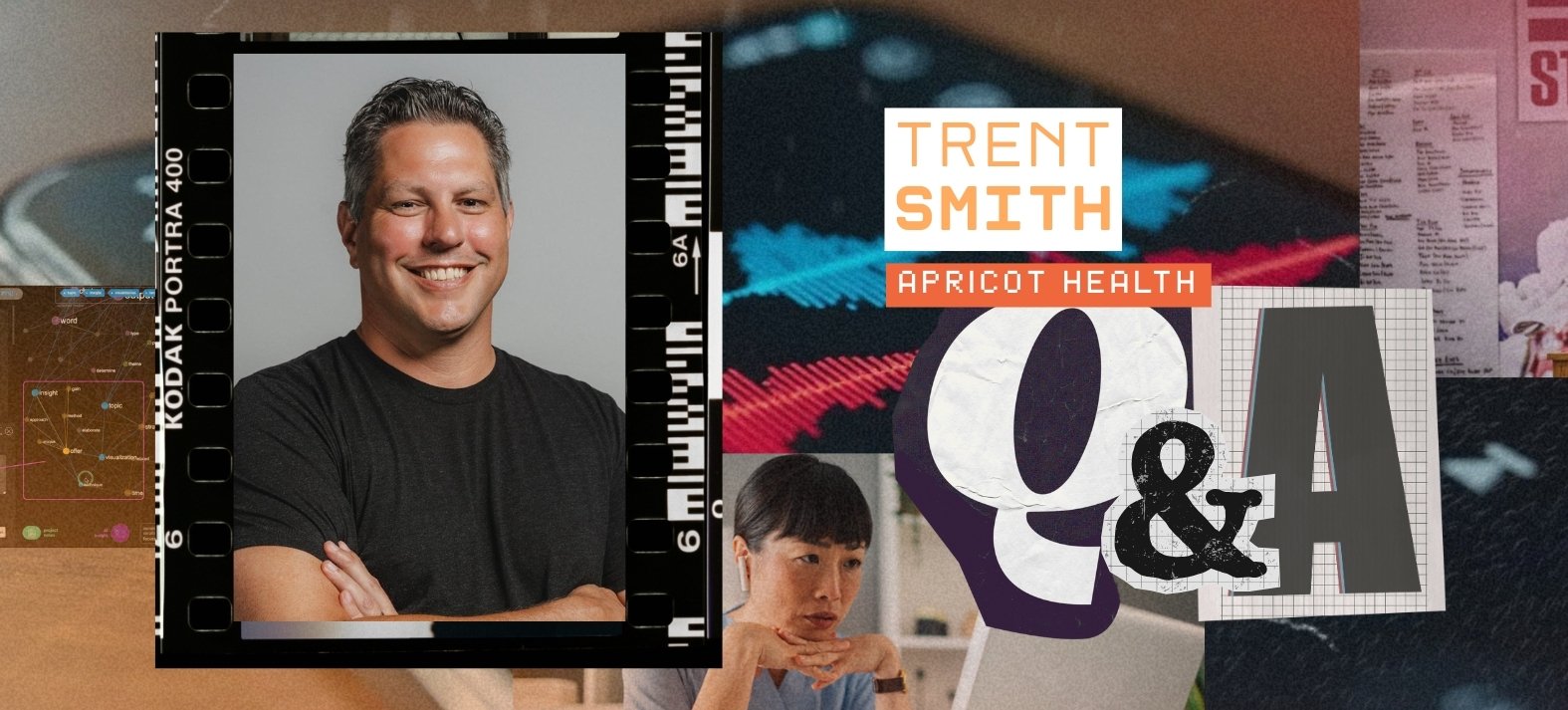
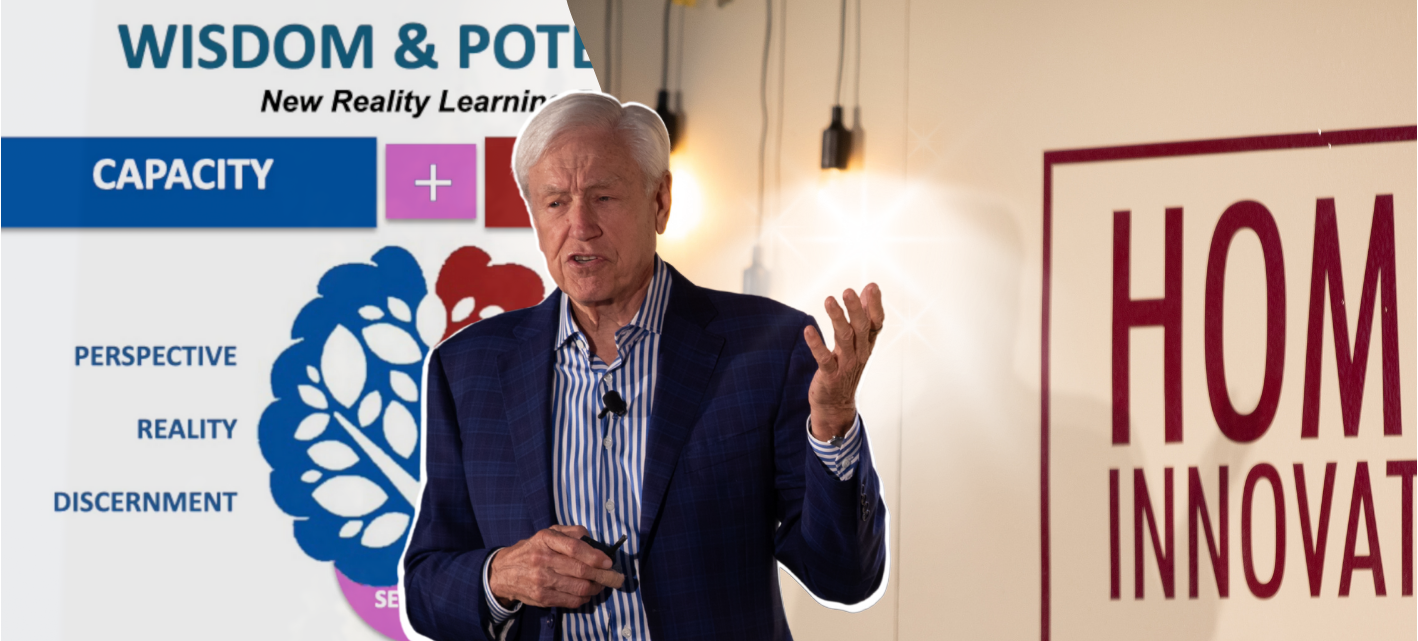
-2.png)
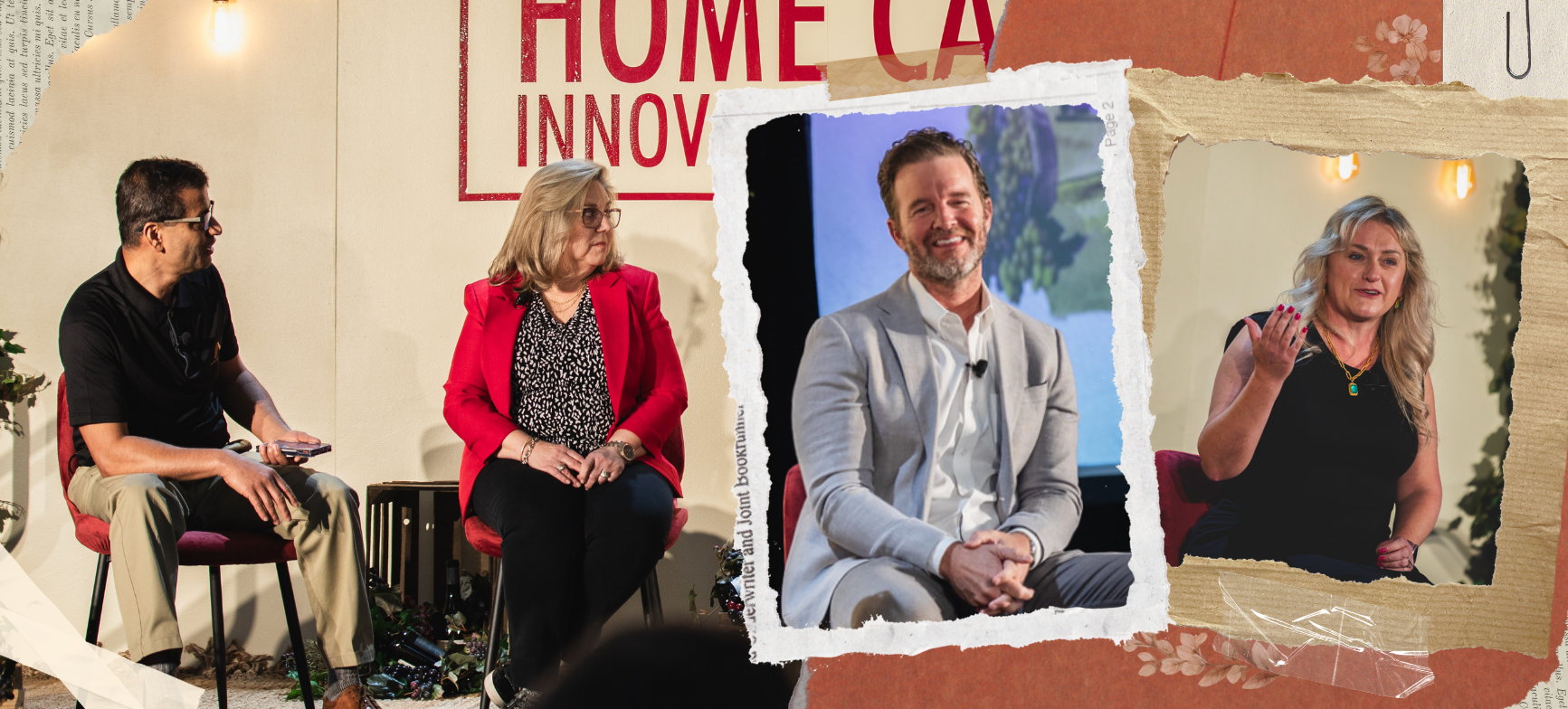

Comments